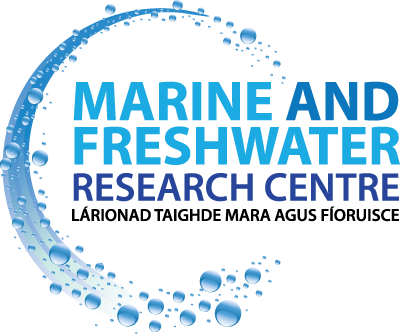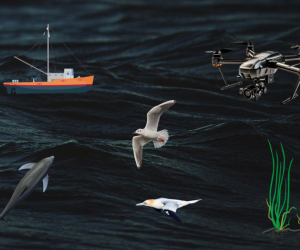I graduated from a BSc (Hons) in Applied Freshwater and Marine Biology with first-class honours in 2021 in ATU Galway City, and was awarded the Environmental Sciences Association of Ireland (ESAI) Undergraduate of the Year award 2020/2021 for my 4th year project focusing on spatial distribution modelling. After graduation, I undertook the Marine Institute’s Bursary Programme where I specialised in oceanographic data inventory, analysis and management. Shortly after, I joined the MFRC as a research assistant on a project aiming at assessing the pollution burdens and risks to small cetaceans in Irish waters.
In 2022, I joined the Marine Institute as a Scientific and Technical Officer to work on the MAPAFISH Project where I assessed in detail Marine Protected Areas (MPAs) and their associated fishing activities in Ireland with the aim of evaluating future MPA management processes and provide best-practice advice.
My research interests include remote sensing, ecosystem-based fisheries management and marine spatial planning. In April 2024, I joined the MFRC as a PhD Researcher (Cullen Fellow funded by the Marine Institute), looking at providing evidence-based advice on the use of Uncrewed Aerial Vehicles (UAVs) in MPA monitoring and management, in support of Ireland’s emerging marine spatial planning framework.




